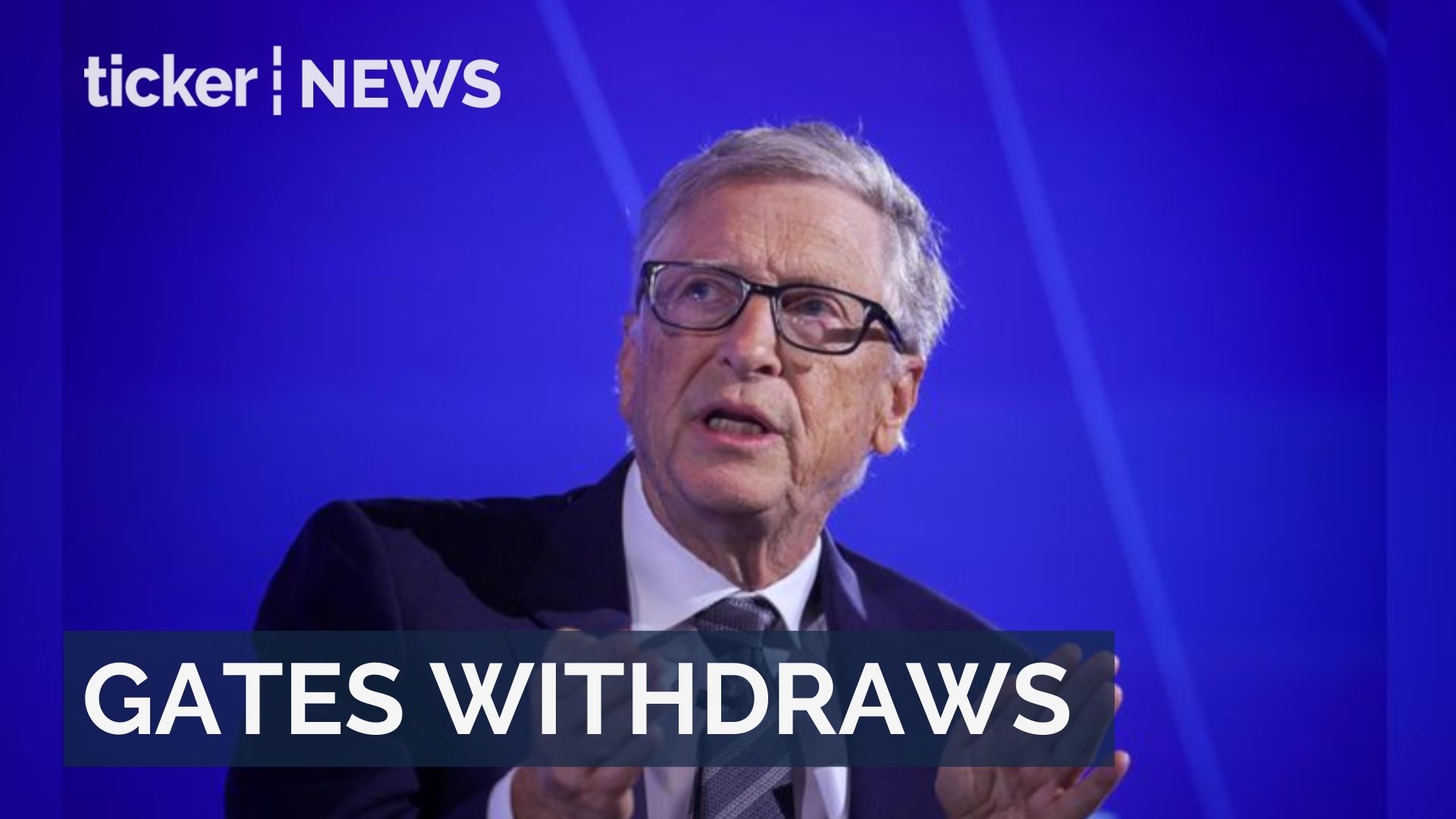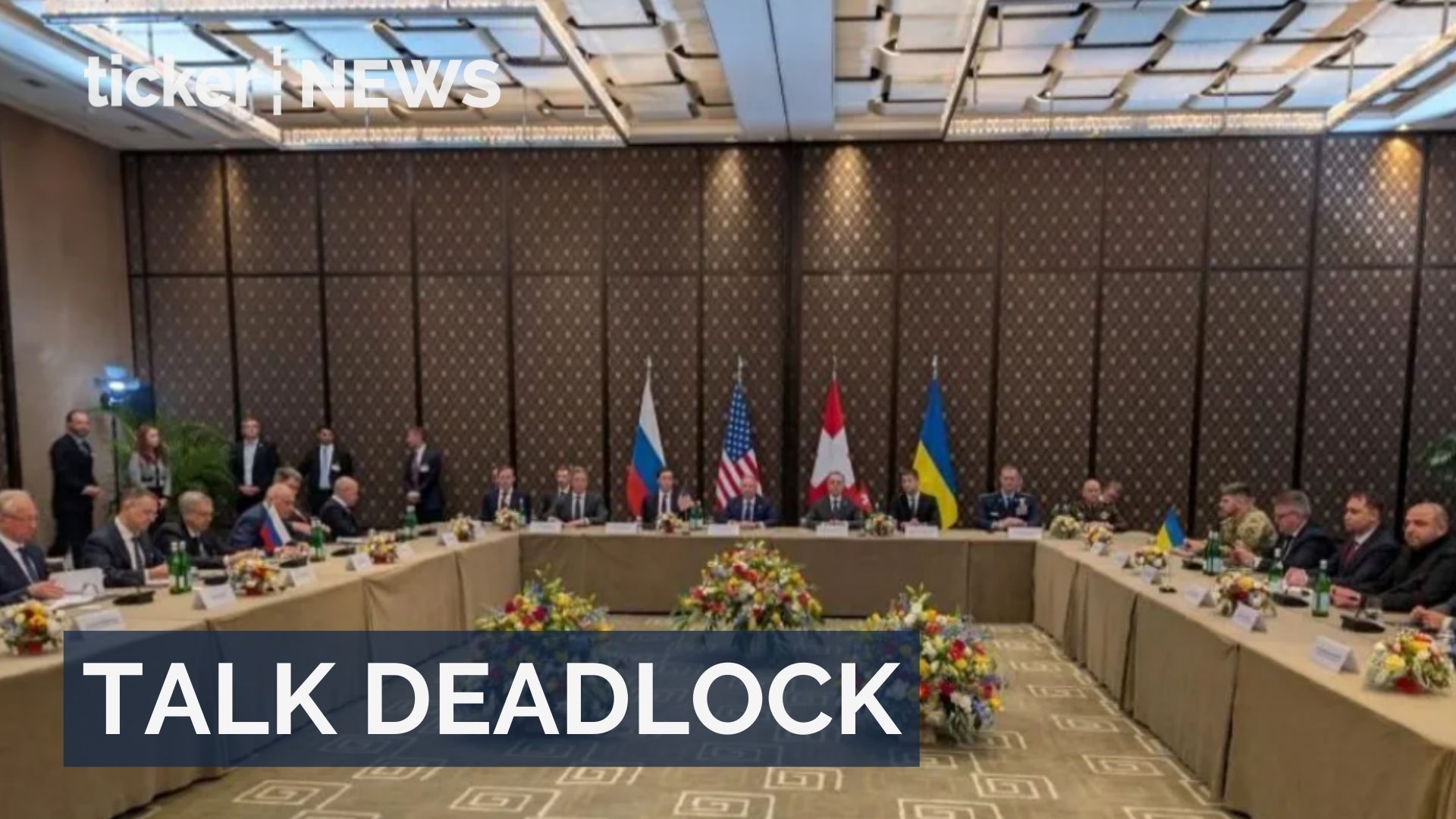News
U.S. responds to North Korea missile tests
News
Bill Gates withdraws from India AI Impact Summit before keynote
Bill Gates withdraws from India’s AI Impact Summit amid renewed scrutiny over past ties to Jeffrey Epstein.
News
Andrew Mountbatten-Windsor released after 12-hour questioning
Andrew Mountbatten-Windsor released after 12-hour police questioning over Epstein files misconduct allegations
News
Ukraine Russia peace talks stall with no breakthrough
Zelenskiy blames Moscow for stalling Geneva peace talks; negotiations to resume amid unresolved eastern territory and nuclear power plant disputes.
-



 Shows5 days ago
Shows5 days agoReal estate insights: Technology changes and trust remain
-



 News4 days ago
News4 days agoOne Nation matches coalition as Liberal backing slides
-



 Tech4 days ago
Tech4 days agoCrew-12 astronauts arrive at the International Space Station
-



 News1 day ago
News1 day agoUkraine Russia peace talks stall with no breakthrough
-



 Shows4 days ago
Shows4 days agoMedicinal Cannabis reform: Patient demand vs regulatory hurdles in Australia
-



 Money4 days ago
Money4 days agoAI fears rattle global markets and investors
-



 Ticker Views4 days ago
Ticker Views4 days agoGlobal rallies show support for Iran as sanctions and tensions rise
-



 Tech10 hours ago
Tech10 hours agoSam Altman predicts superintelligence could appear by 2028








